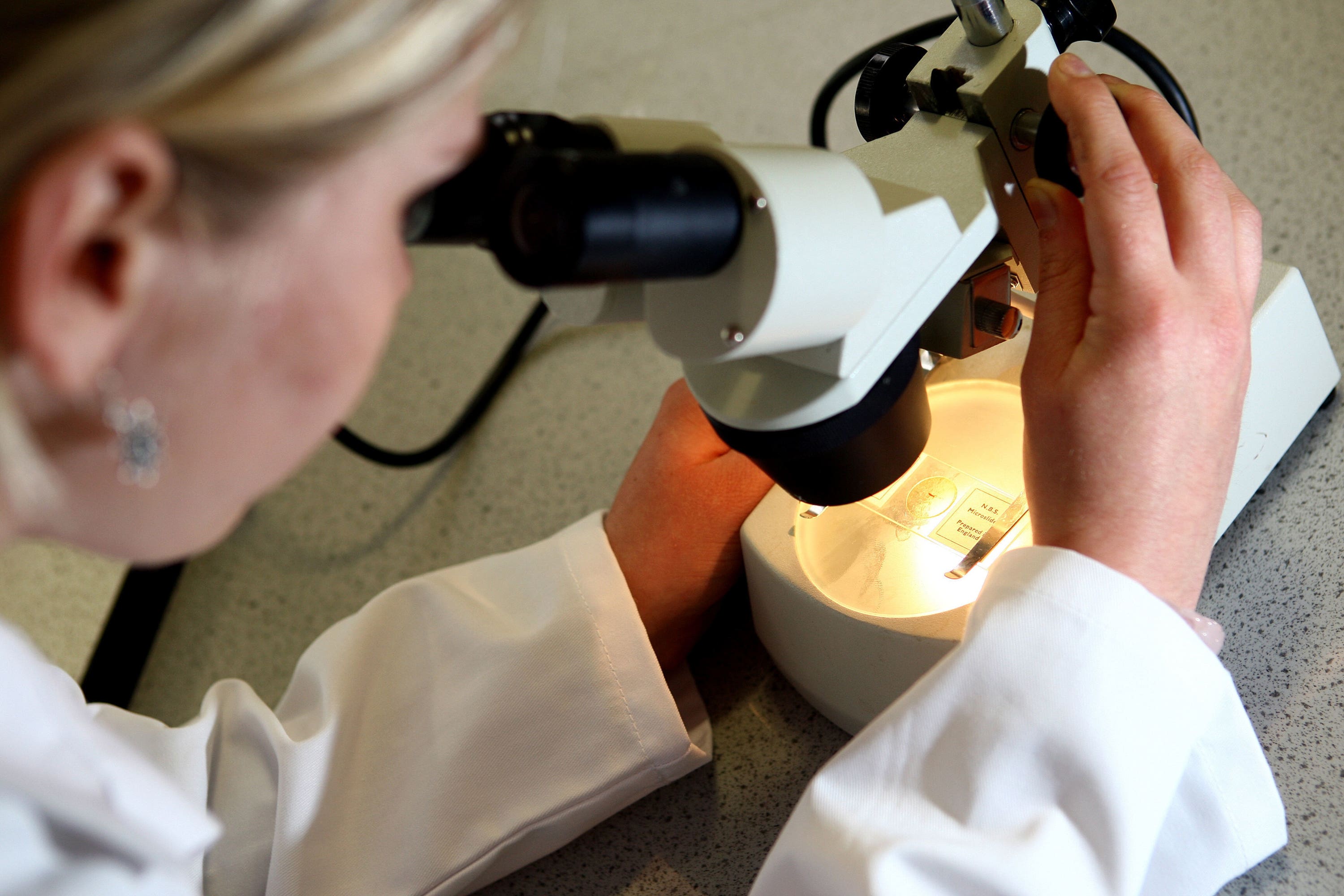New 3D scan could help monitor and diagnose bowel cancer
Positron Emission Tomography (PET) imaging can allow the entire bowel to be examined and for tumours to be studied while inside the body

Your support helps us to tell the story
From reproductive rights to climate change to Big Tech, The Independent is on the ground when the story is developing. Whether it's investigating the financials of Elon Musk's pro-Trump PAC or producing our latest documentary, 'The A Word', which shines a light on the American women fighting for reproductive rights, we know how important it is to parse out the facts from the messaging.
At such a critical moment in US history, we need reporters on the ground. Your donation allows us to keep sending journalists to speak to both sides of the story.
The Independent is trusted by Americans across the entire political spectrum. And unlike many other quality news outlets, we choose not to lock Americans out of our reporting and analysis with paywalls. We believe quality journalism should be available to everyone, paid for by those who can afford it.
Your support makes all the difference.Invasive biopsies could be a thing of the past as researchers have developed a breakthrough 3D scan that could help to monitor and diagnose bowel cancer.
Currently, the diagnostic procedure comes with a number of health risks, such as infection and is limited in what they can capture within a patient’s bowel.
However, research conducted by Glasgow-based scientists on behalf of Cancer Research UK, found that digital imaging technology can be used instead of biopsies when diagnosing the disease.
Positron Emission Tomography (PET) imaging can allow the entire bowel to be examined and for tumours to be studied while inside the body, as opposed to examining the tumour tissue once it has been removed.
Dr David Lewis, of the Cancer Research UK Scotland Institute and the University of Glasgow, who led the research, said: “Precision medicine has the potential to revolutionise cancer diagnosis and treatment.
“However, the development of accurate, informative and patient-friendly diagnostic techniques is crucial for its success.
“PET imaging offers a promising alternative, with the ability to survey the entire cancer landscape, allowing us to examine tumours in more detail while they are still growing.”
PET scans create a three-dimensional picture of the inside of the body, and researchers believe doing several scans during treatment could help monitor the cancer more effectively.
This approach of targeting treatment to a specific patient is known as precision medicine, a growing area of oncology.
According to Cancer Research UK, around 4,000 people are diagnosed with bowel cancer in Scotland annually, and around 1,800 people diagnosed with the disease die each year.
The research team used existing genetic data on bowel cancer to identify different tumour characteristics using PET imaging.
They were also able to discover several different types of bowel cancer in mice based on their genes.
Dr Catherine Elliott, director of research at Cancer Research UK, said: “These findings by the team at the Cancer Research UK Scotland Institute and University of Glasgow offer an exciting opportunity to revolutionise the way we diagnose and monitor bowel cancer without invasive surgery, reducing the risk and improving outcomes for patients.
“PET imaging is a crucial tool in our future approach to diagnosing this disease which affects so many people in Scotland.”
Join our commenting forum
Join thought-provoking conversations, follow other Independent readers and see their replies
Comments